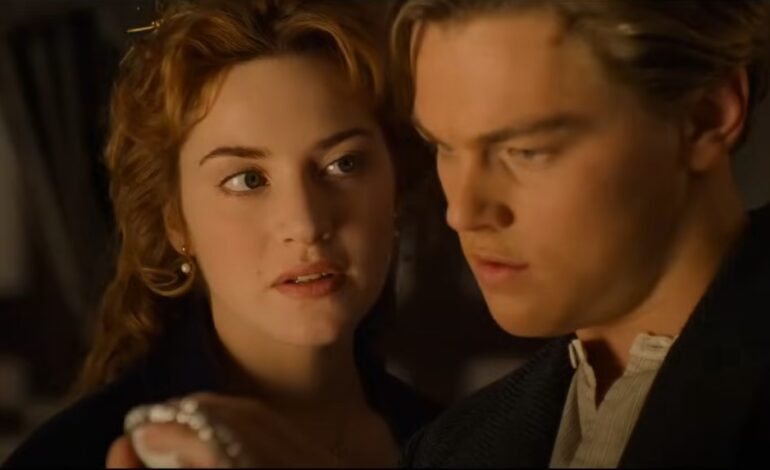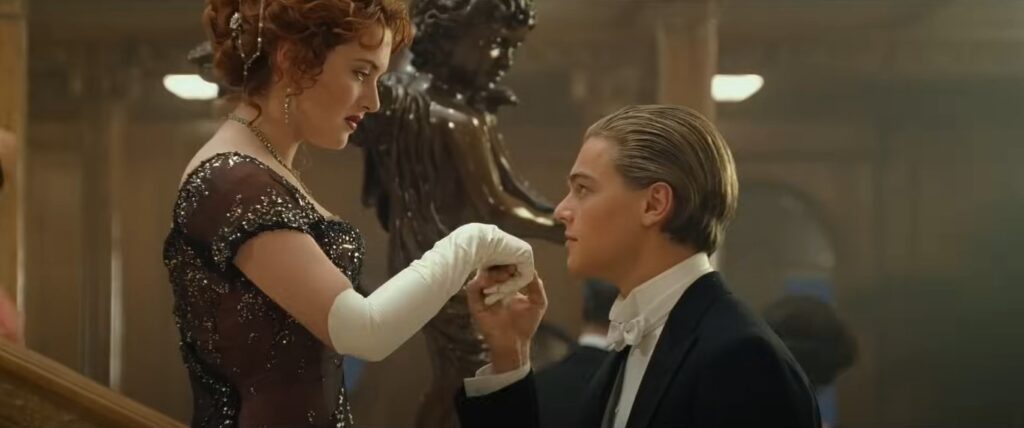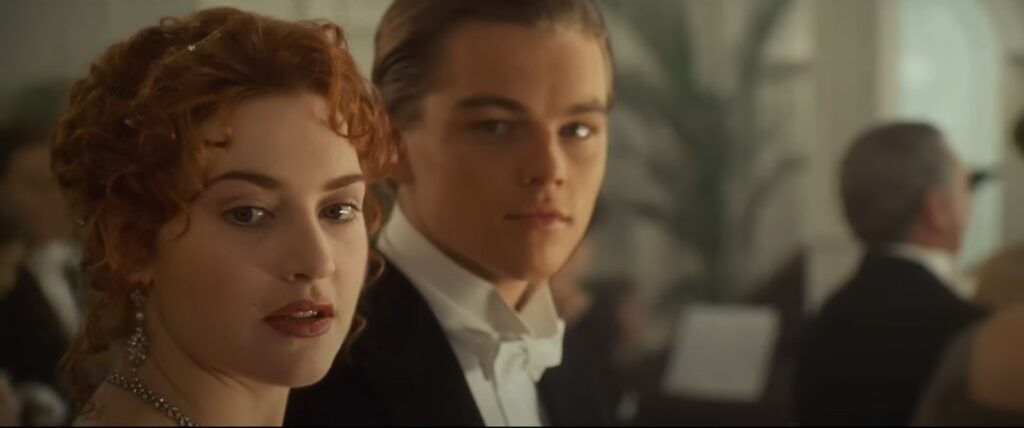
Why ‘Titanic’ Falls Short as the Ultimate Romantic Movie
James Cameron’s Titanic is celebrated for its grandiose storytelling, unforgettable visuals, and an epic romance set against one of history’s most devastating disasters. However, the film’s portrayal of love and relationships offers a narrative ripe for scrutiny, challenging its reputation as the quintessential romantic story.
A Love Shaped by Disaster
The romance between Jack and Rose is profoundly influenced by the looming catastrophe of the Titanic’s sinking. Their connection grows rapidly in the shadow of imminent danger, leaving viewers to question whether their bond was genuine or simply a reaction to the extraordinary circumstances. Would their love have survived in the mundane rhythms of everyday life?

Familiar Tropes in a Spectacular Setting
The film leans heavily on the classic “boy meets girl” formula, enhanced by the stark contrast between Jack’s modest, adventurous spirit and Rose’s gilded but suffocating existence. While their defiance of societal norms adds depth, the trope can feel predictable when paired with the larger-than-life backdrop of the Titanic’s grandeur.
Rose as the Manic Pixie Dream Girl
Rose’s character embodies elements of the “Manic Pixie Dream Girl” archetype. Her rebellious nature and quest for freedom invigorate Jack’s life, positioning her more as a muse than a fully realized individual. This dynamic, while emotionally engaging, perpetuates a narrative where a woman’s primary role is to inspire a man’s transformation.

Bittersweet Closure
The tragic climax, with Jack’s ultimate sacrifice, evokes profound emotions but leaves the audience wrestling with a sense of “what could have been.” This unresolved longing, while powerful, diverges from the neatly tied conclusions typically associated with ideal romantic films, offering instead a bittersweet legacy.
A Multi-Faceted Narrative
Ultimately, Titanic transcends the conventions of romantic cinema by embedding its love story within a broader commentary on class divisions, human resilience, and historical tragedy. While its romantic elements may not epitomize perfection, the film endures as a cultural phenomenon, resonating with audiences and sparking debate over what defines a truly ideal love story.




